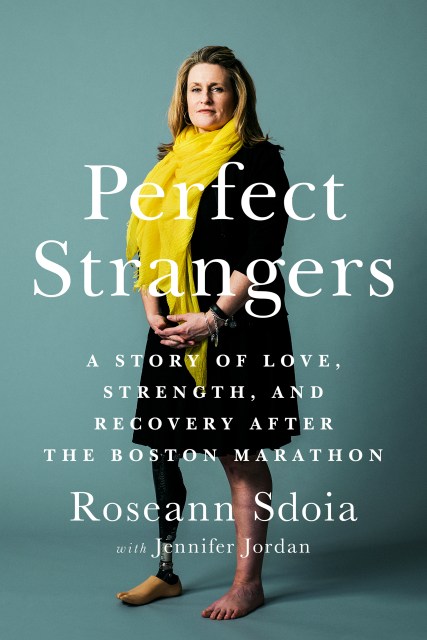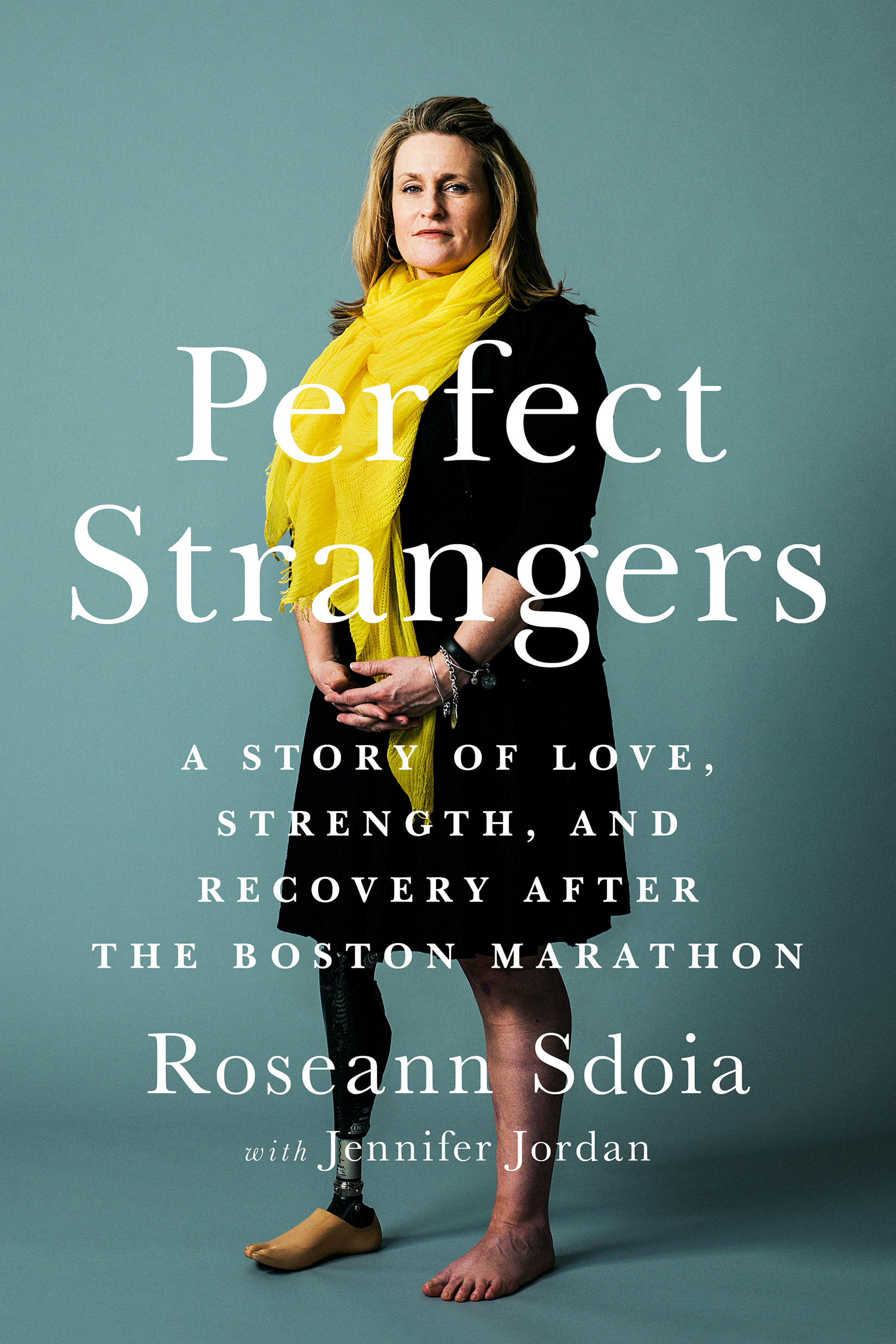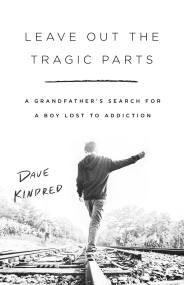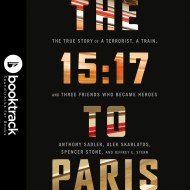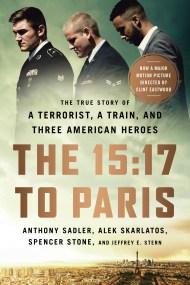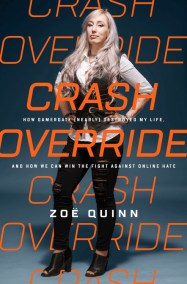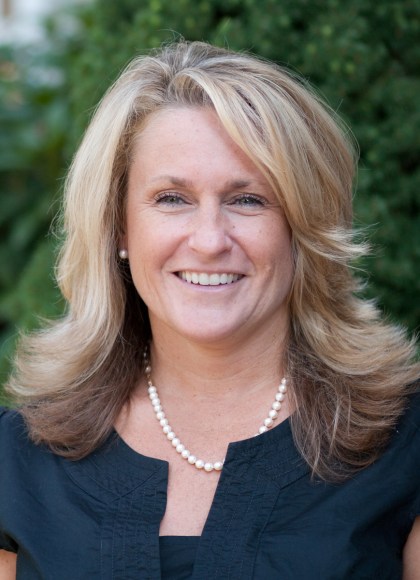By clicking “Accept,” you agree to the use of cookies and similar technologies on your device as set forth in our Cookie Policy and our Privacy Policy. Please note that certain cookies are essential for this website to function properly and do not require user consent to be deployed.
Perfect Strangers
A Story of Love, Strength, and Recovery After the 2013 Boston Marathon
Contributors
With Jennifer Jordan
Formats and Prices
- On Sale
- Mar 28, 2017
- Page Count
- 256 pages
- Publisher
- PublicAffairs
- ISBN-13
- 9781610397018
Price
$11.99Price
$15.99 CADFormat
Format:
- ebook $11.99 $15.99 CAD
- Trade Paperback $18.99 $24.99 CAD
This item is a preorder. Your payment method will be charged immediately, and the product is expected to ship on or around March 28, 2017. This date is subject to change due to shipping delays beyond our control.
Buy from Other Retailers:
As Roseann Sdoia waited to watch her friend cross the finish line of the Boston Marathon in 2013, she had no idea her life was about to change-that in a matter of minutes she would look up from the sidewalk, burned and deaf, staring at her detached foot, screaming for help amid the smoke and blood.
In the chaos of the minutes that followed, three people would enter Roseann’s life and change it forever. The first was Shores Salter, a college student who, when the bomb went off, instinctively ran into the smoke while his friends ran away. He found Roseann lying on the sidewalk and, using a belt as a tourniquet, literally saved her life that day. Then, Boston police officer Shana Cottone arrived on the scene and began screaming desperately at passing ambulances, all full, before finally commandeering an empty paddy wagon. Just then a giant appeared, in the form of Boston firefighter Mike Materia, who carefully lifted her into the fetid paddy wagon. He climbed in and held her burned hand all the way to the hospital. Since that day, he hasn’t left her side, and today they are planning their life together.
Perfect Strangers is about recovery, about choosing joy and human connection over anger and resentment, and most of all, it’s about an unlikely but enduring friendship that grew out of the tragedy of Boston’s worst day.
-
"Roseann is a warrior who brings light to everyone around her. Perfect Strangers is an amazing story of strength and friendship."Jeff Bauman, author of Stronger
-
"With humor and her trademark Boston honesty, Roseann gives us an intimate portrait of what really happened that day, the raw insight on her rehab post amputation and the healing journey she is on with Shana, Shores and Mike. This candid memoir shares it all, including a beautiful and triumphant love story, that kept me turning the pages."Sarah Reinertsen, Paralympian and Nike Athlete
-
"Roseann perfectly captures the feelings that so many of us experienced while lying on the streets of Boston awaiting help, wondering whether or not we would live. Her raw and honest narration is a true reflection of her 'tell it like it is' personality and a moving account of the heroism, friendships, and love she found as a result. Her silver lining sparkles, proving that good can always prevail."Heather J. Abbott, President, Heather Abbott Foundation
-
"From the outside it is hard to find anything good that came from the events of April 15, 2013. But Perfect Strangers shows us that there can be a positive outcome from such a tragic event. This personal story of unexpected loss and tragedy on our home soil will resonate with all Americans. It reinforces the American spirit and that people can be brought together in the darkest of times. This book will touch you deeply and leave you feeling hopeful about humanity and what the human spirit can endure.Melissa Stockwell, Veteran and Paralympic medalist
-
"A frank, personal account... Sdoia is unsparing in describing her own weaknesses as well as her strength, but this candor only makes her story all the more inspiring."Publishers Weekly
-
"A tapestry of solidarity, unity, love, and selfless humanity...A moving testimonial to the transformative power of human compassion and connection amid catastrophe."Kirkus Reviews
-
"Sdoia expresses her understanding of how trauma shapes people differently and how their connection, strengthened by loss, has provided a key constant and comfort in four lives."Booklist
Newsletter Signup
By clicking ‘Sign Up,’ I acknowledge that I have read and agree to Hachette Book Group’s Privacy Policy and Terms of Use
